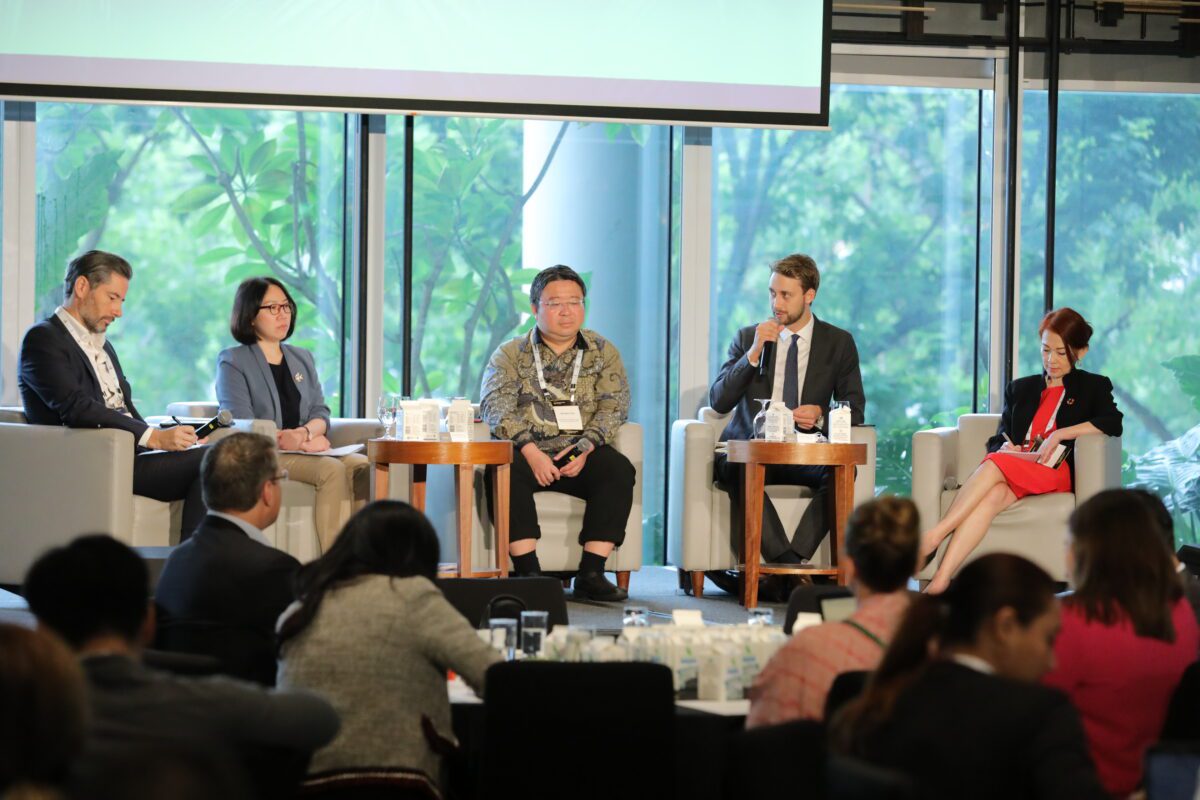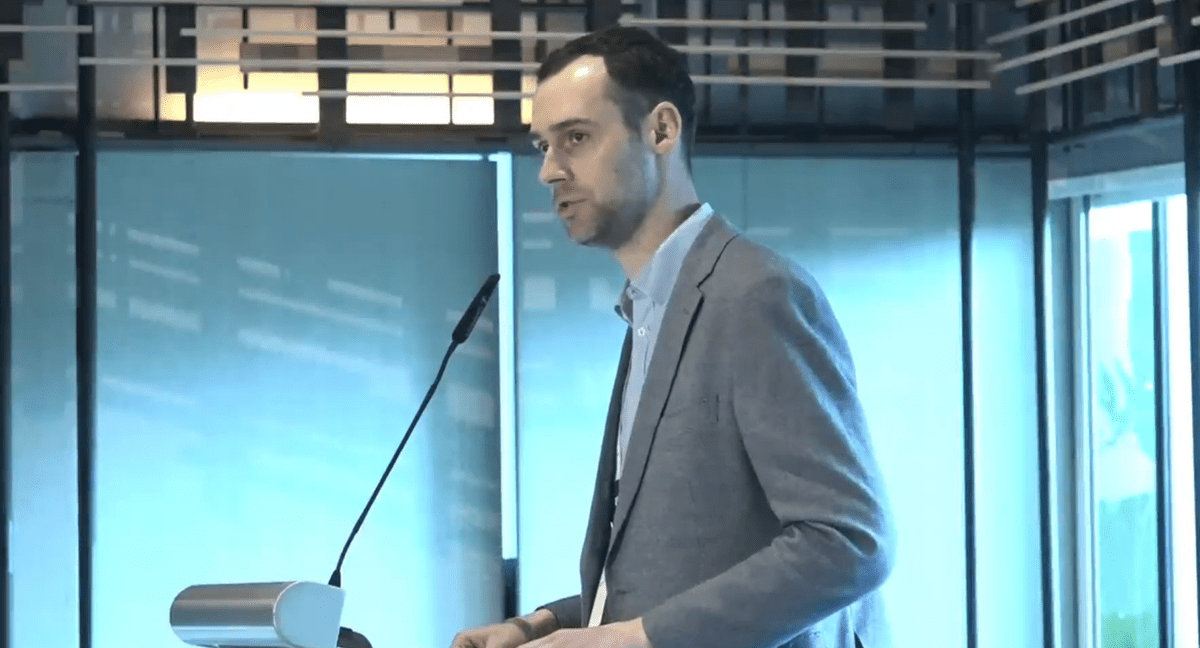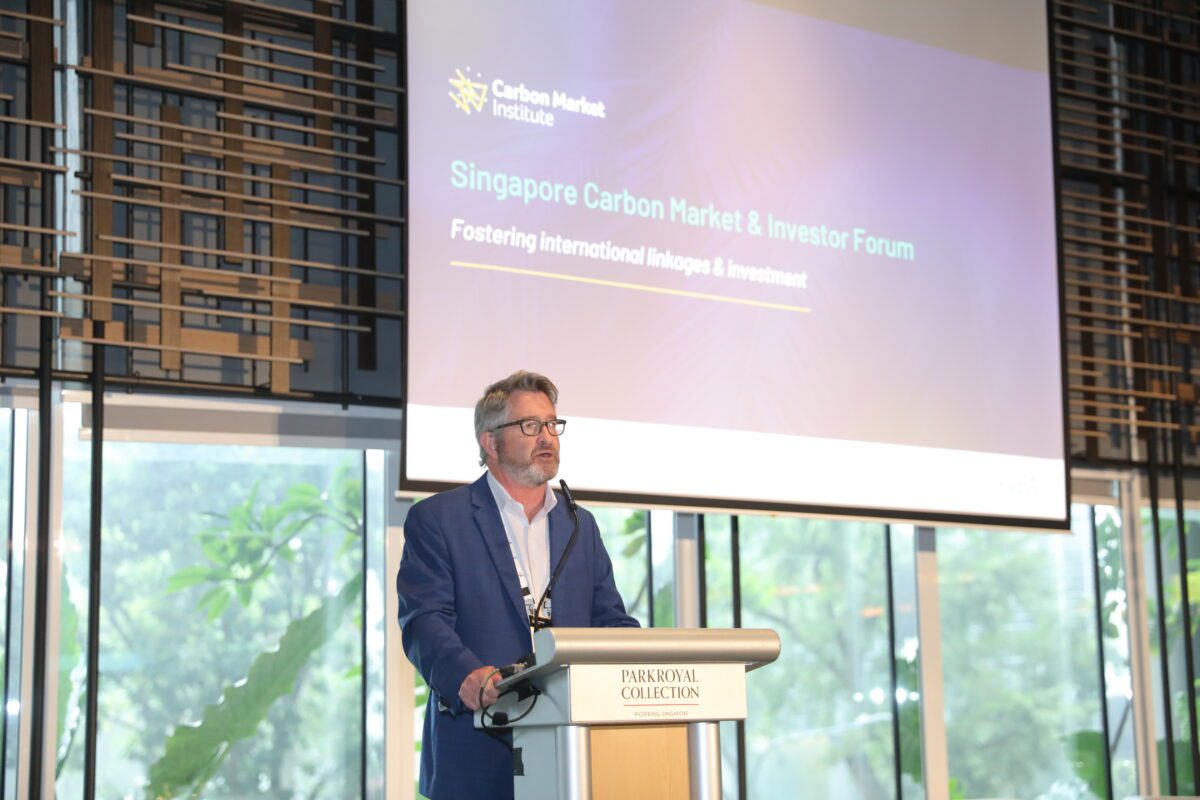Businesses are now under significant pressure from customers, insurers, financiers, potential employees, and governments to take action on climate change, a global decarbonisation expert told a Carbon Market & Investor Forum in Singapore.
Zoe Whitton, managing director and head of impact with global investment and advisory firm Pollination, gave the example of a steel producer that immediately made decarbonisation a priority for its Chief Financial Officer, after receiving a call from a major car maker seeking green steel within 10 years.
Previously, decarbonisation and sustainability issues had been treated as a much lower level concern within the business, Whitton told the forum, which was hosted by Australia’s Carbon Market Institute.
Companies can also be vulnerable to the loss of large numbers of small customers if their level of commitment to climate action is perceived to be inadequate, she said.
Companies that don’t have ambitious transition plans are now increasingly facing “really difficult questions” from insurers and other service providers, and from financiers, she added.
Whitton pointed out that companies are increasingly taking more ambitious action not just in response to pressure, but also because they now realise that being ambitious has paid off in a major way for other businesses.
Seeing other people make money “really sharpens the gaze”, she noted.
Businesses also recognise that governments are developing, implementing and sharing more robust climate policies, Whitton said.
“Policy is increasingly fast, material, and contagious across borders,” she said.
Commenting on Singapore’s policy initiatives, Fam Wee Wei, director of a climate change and sustainability (international) at the Ministry of Trade and Industry, told the forum that the Ministry “plays a needle-moving role” in assisting Singapore to meet its climate goals.
The Ministry has taken on this role mainly because industrial and power sector emissions constitute such a large portion of Singapore’s total emissions, she said.
As part of this process, the Ministry is “looking internationally and regionally” for collaboration opportunities, Fam Wee Wei said.
Fam Wee Wei described the Singaporean government as a “first mover” on climate action, as a result of policies such as its carbon tax and its signing of multiple memorandums of understanding with other countries that could lead to Paris Agreement-aligned greenhouse gas mitigation units being imported into Singapore.
This commitment to international collaboration, along with technological advancements, had given Singapore the confidence to commit to net-zero by 2050, she said.
Providing the perspective of an emissions intensive company on the use of carbon markets, Michael Blanding, sustainability and impact investing leader with dry bulk shipping company Berge Bulk, noted that the company’s ambition is to be carbon neutral by 2025.
Blanding said that at this stage, most of its customers are not interested in paying a premium for carbon neutral shipping.
“We believe that will change, and we hope that it will change,” Blanding said.
Irrespective of whether customers do decide to pay slightly more, the company is committed to its carbon neutrality goal, he said.
Blanding noted that employee attitudes to the company’s carbon neutral commitment were already very positive.
That’s in part because Berge has deliberately purchased a substantial number of carbon credits “from projects that are in the countries that our employees care about”.
“We have a lot of seafarers on our ships that are from China, from India from the Philippines. And so we’ve been quite intentional about buying carbon credits from projects in those countries and we find that really, that’s meaningful for them,” he said.
“So I think even though I cannot honestly say that my customers are eagerly happy to pay a premium for carbon neutral shipping today, I think we believe it’s building goodwill with customers, and at the same time with our people and our future pipeline of talent,” Blanding said.
*Ends
About the Carbon Market Institute
The Carbon Market Institute (CMI) is a member-based institute accelerating the transition towards a negative emissions, nature positive world. It champions best practice in carbon markets and climate policy, and its over 150 members include primary producers, carbon project developers, Indigenous organisations, legal, technology and advisory services, insurers, banks, investors, corporate entities and emission intensive industries. The positions put forward constitute CMI’s independent view and do not purport to represent any CMI individual, member company, or industry sector.
For further information, contact Thomas Hann on 0408 880 536 or thomas.hann@carbonmarketinstitute.org



